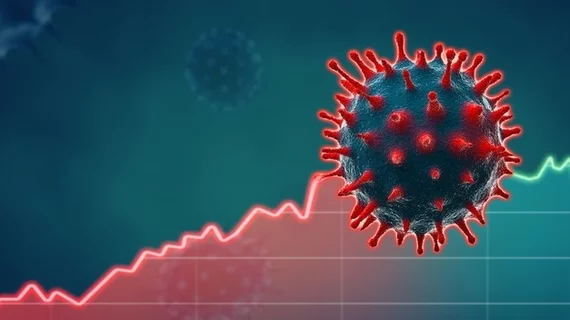AstraZeneca ramps up COVID-19 vaccine accessibility with $1B in funding
Biopharmaceutical company AstraZeneca has received more than $1 billion in funding from the U.S. Biomedical Advanced Research and Development Authority (BARDA) for the development, production and delivery of a vaccine for COVID-19. AstraZeneca is working with the University of Oxford to make the institution’s vaccine available worldwide, alongside the U.K. government.
AstraZeneca has agreed to deliver at least 400 million doses and secured manufacturing capacity for one billion doses so far. The first deliveries of the vaccine are expected in September 2020. A license agreement between Oxford University and AstraZeneca for the vaccine, known as AZD1222, has been finalized. AstraZeneca will also support the establishment of a joint research center at Oxford for pandemic preparedness research.
However, the development of a vaccine is still ongoing, with the drug maker including a Phase III clinical trial with 30,000 participants plus a pediatric trial in its development program.
AstraZeneca is also taking part in discussions with governments around the world to boost access once a vaccine becomes viable. The company will first supply the U.K. starting in September. International organizations including the Coalition for Epidemic Preparedness Innovations, Gavi the Vaccine Alliance and the World Health Organization are also engaged with AstraZeneca to work toward fair distribution of the vaccine.
“This pandemic is a global tragedy and it is a challenge for all of humanity,” AstraZeneca CEO Pascal Soriot said in a statement. “We need to defeat the virus together or it will continue to inflict huge personal suffering and leave long-lasting economic and social scars in every country around the world.”
Phase I/II of the clinical trial for Oxford University’s vaccine began in April, assessing safety, immunogenicity and efficacy across more than 1,000 healthy volunteers between 18 and 55 in southern England.
“We are so proud to be collaborating with Oxford University to turn their ground-breaking work into a medicine that can be produced on a global scale,” Soriot said. “We would like to thank the US and UK governments for their substantial support to accelerate the development and production of the vaccine. We will do everything in our power to make this vaccine quickly and widely available."

